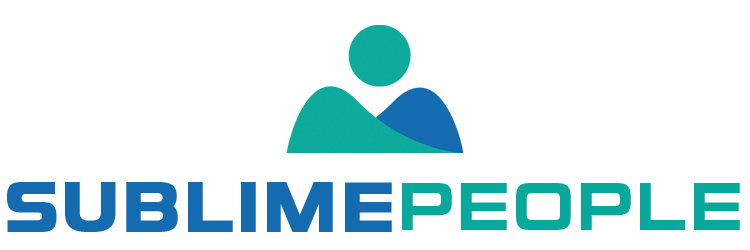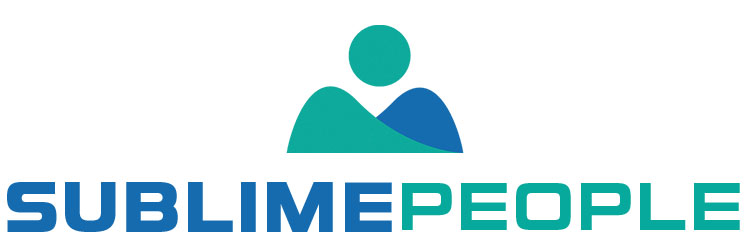Job requirements are the guidelines set by a company to ensure that candidates meet the basic qualifications for a position. They can include skills, experience, education, and other criteria. While job requirements may seem like a trivial matter, they can actually have a big impact on the quality of candidates you attract. By being clear and concise in your job requirements, you can make it easier for top talent to identify whether they are a good fit for the position. This can help you attract more qualified candidates and ultimately improve the quality of your workforce.
In this article, you will learn how to craft job requirements to attract top-notch talent.
In this Article:
What are the Job requirements?
Job requirements are the qualifications and skills needed for a certain position. Hiring managers usually write them as a list, containing the most important qualifications that a candidate must possess for a specific role.
Job requirements vary depending on the position you are applying for. However, there are some general requirements that most employers look for. Some examples are:
- Education level. This may include a high school diploma or GED, experience in the field, or a certain level of physical fitness.
- Employers often prefer candidates who can work well under pressure and handle customer inquiries professionally.
- Personal qualities and attributes

What is a job analysis?
A job analysis is a process of examining the job duties, job postings and job requirements for your potential candidates. It helps you identify the qualifications or skills needed for the job. A job analysis will help you create job descriptions that attract qualified job seekers and allow you to hire the best-suited candidate for your organization.
Why are job requirements important?
Job requirements are a crucial part of both job descriptions and job postings (job ads). They are equally important for both employers and job seekers.
For employers
Job requirements help employers to identify the minimum qualifications that a candidate should possess to be successful in a role. By clearly outlining the skills, experience, and education that are required for a role, job requirements help to ensure that only candidates are qualified applicants. This can save employers time and money by reducing the number of applications that they need to review.
For jobseekers
By understanding job requirements, jobseekers can determine whether their skills and experience match the qualifications that employers are looking for. This can help them to narrow down job postings to those roles which they are best suited for. Consequently, it increases the chances of a successful job application.
Job requirements examples from real job postings
Job requirements are the qualifications an applicant must have to be eligible for a position. They are generally listed in the job posting and can include things like education, experience, skills, and personal qualities. For example, a job posting for a receptionist might require applicants to have customer service experience and be able to type at least 40 words per minute. Job requirements can also include more general qualifications, such as being able to lift a certain amount of weight or having a valid driver’s license. Employers will often list both specific and general job requirements to attract a larger pool of qualified applicants.
How to write great job requirements?
Attracting top talent to your job requires a well-crafted strategy to target the right candidates. Taking the time to nail down your job requirements can be the difference between coming away with an outstanding hire and one who simply won’t fit. Here are some tips for nailing down your job requirements:
Clarify your job description
Before you look for applicants, it’s important to understand what you’re looking for in terms of qualifications and experience. Take care not to make any assumptions about what a candidate should know or be able to do based on their education level or resume. Provide specific details about the job duties, responsibilities, desired skills and experience that a candidate must possess to become successful in this role.
Work experience
Work experience is essential for employers to get an idea of how much time candidates have spent in roles similar to the one they are hiring for. This allows them to understand candidates’ level of training and familiarity with the role, which is especially important for higher-level positions that require job-specific skills.
Skills
To accomplish the work required for each position, various skills are needed. The skills are categorized as technical, soft, or hard skills.
- Technical skills involve using computers and include abilities such as computer programming, writing techniques, analyzing data, and administering projects.
- Soft skills encompass those that deal with people. Some examples are communicating openly, thinking critically, supervising others, and finding solutions to problems.
- Hard Skills include job-specific skills such as knowledge of a certain field, expertise using specific software, or familiarity with certain tools and processes.
Depending on the job, these can include both soft skills like communication and problem-solving as well as technical skills like programming or web development. It’s important to be specific about the type of skills required for each job so that you attract qualified job seekers who have the right mix of experience and talent.
Education
To explain what sort of formal classroom training would help somebody perform the job, employers often list education requirements. Many businesses need a minimum level of education, such as a high school diploma, bachelor’s degree, or university degree. It’s essential to be clear about job-specific educational requirements, such as a degree in business administration or a specific technical certification.
Personal Qualities
Besides job-related experience and skills, employers may look for certain personal qualities in job applicants. Depending on the job, these can include key traits like critical thinking and problem-solving abilities, as well as softer qualities such as enthusiasm, dedication, and attention to detail.
Leverage Networking Opportunities
Once job requirements are established, employers should promote job openings to their network, especially those with connections to qualified job seekers. Social media and job boards can also broadcast job postings, while they can leverage professional associations and industry events to meet potential candidates.
Set Clear Expectations/Communication Channels
Once you’ve identified potential applicants for a position, it’s important to set clear communication expectations from both sides so everyone knows how frequently updates should happen throughout all stages of the hiring process (e.g., initial contact emails; interviews; second interviews; offer letters). Setting these expectations upfront avoids confusion down the road should anything come up along the way.

A word from SublimePeople
By understanding what job seekers are looking for and tailoring your job postings to match, you can attract top talent who are a good fit for your company culture and needs. Also, if you are specific in your job advertisement you can increase your chances of finding the best possible candidate for your open position.
SublimePeople is here to help you find the right people for your organization. With our unique recruitment process, we can identify, select, and send through the talent you are really looking for. Next to this, getting applications from people that don’t fit job requirements can now be a thing of the past with our intelligent candidate filtering processes. Contact us today for more information!




